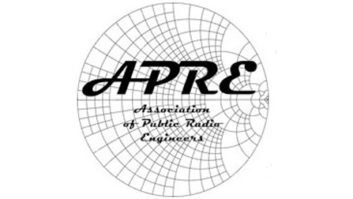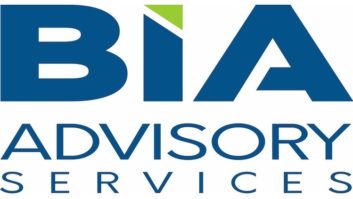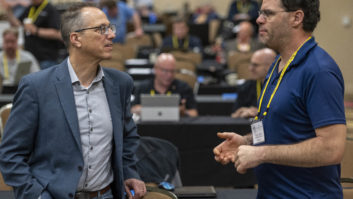The following reader comments were posted in response to Evan Brown’s commentary “You’re Leaving Money on the Table: An open letter to public radio from an ad agency media professional” in the Sept. 9 issue. A link to his reply to these comments can be found at bottom.

iStockphoto/Andrey Popov
• Good lord, this is drivel. “You have to accept advertising agency’s creative. The agency … has client authority to ensure that their message is consistent across all media in which it appears.” The FCC most specifically does not allow this.
• This argument is really undermined by the fact that it does not acknowledge FCC limits on underwriting messages. Public radio can’t just use your creative.
• There are errors in this piece, including the author’s apparent unfamiliarity with the FCC’s requirements governing what can be said on the air. But the writer also has a point: Public radio and TV stations are often needlessly complex to deal with. They often stress their independence by refusing to synchronize underwriting standards and requirements. It can be a shocking and annoying obstacle for a buyer of conventional media, who often run away rather than deal with it. This proves the author’s point: We are leaving money on the table. Instead of debating with him and his like, we in public broadcasting ought to be asking how could stations become less needlessly complicated and, thus, get some of that additional money being left on the table.
• One cannot say that localism is the savior of radio on one hand yet decry a lack of standards/ synchronization across multiple stations on the other. If you have more of one, you must have less of the other. … I take more than a little offense at the accusation that pubmedia “refuses” to do anything. So we don’t pound a square peg of commercial ads into the round hole of public radio? Why is that our problem? Public radio is different. Different audiences, different organizational schema, different content, and different FCC rules. Why should ad agencies expect us to be the same as commercial radio? It’s like that [scene in the] movie “Office Space”:
MICHAEL: Yeah, well, at least your name isn’t Michael Bolton.
SAMIR: You know, there’s nothing wrong with that name.
MICHAEL: There was nothing wrong with it … until I was about 12 years old and that no-talent ass clown became famous and started winning Grammys.
SAMIR: Hmm … well, why don’t you just go by Mike instead of Michael?
MICHAEL: No way! Why should I change? He’s the one who sucks.
• I think ad buyers should be careful what they wish for. I reckon the main reason there is inconsistency in what different stations will allow is because some stations are more willing than others to stray from the spirit and/or the letter of the FCC regs. Were stations to get together and standardize, I bet they’d come up with standards that are more conservative than many clients would like.
• Really? Not one word about how a huge percentage of agencies out there have no clue how to structure spots to be FCC-legal for non-commercial entities, and no desire to learn? Ever wonder why a lot of public radio outlets don’t want to be bothered dealing with agencies? It’s not some mythical idea of “preserving their identity”… few NPR outlets are gonna leave phat stacks of cash on the table over that. They don’t want to be bothered because a lot — not all, but a lot — of agencies have no clue that 80 percent of what they want to say cannot be said on noncommercial radio. And when you try to work with them on that, they either try to steamroll you or they walk away.
• Many planners don’t want the extra work of delivering a qualified uncluttered environment for their clients and explaining why their CPMs are justifiable higher. Too much work. Let’s go ahead and run another auto brand in a six-minute pod with four competitors. They still delivered the GRPs at the CPM. What more do you want?
You can see the author’s reply to these comments ahere.











